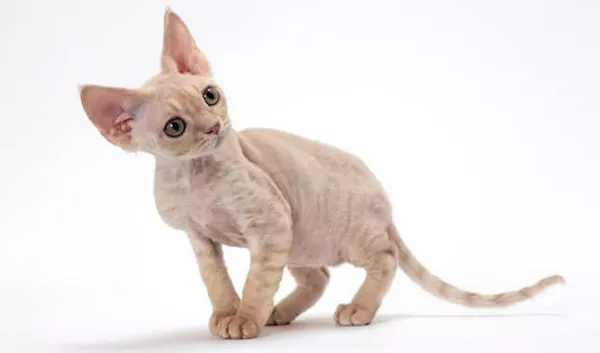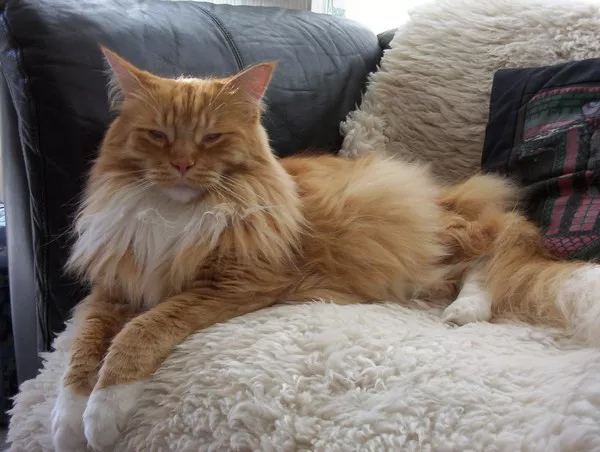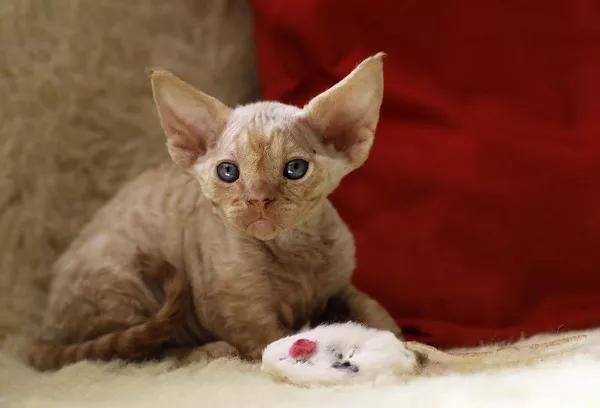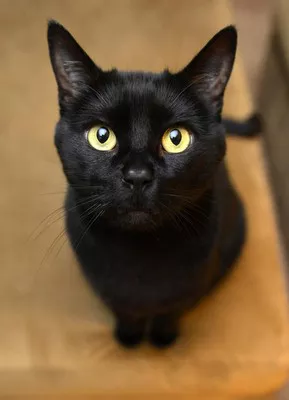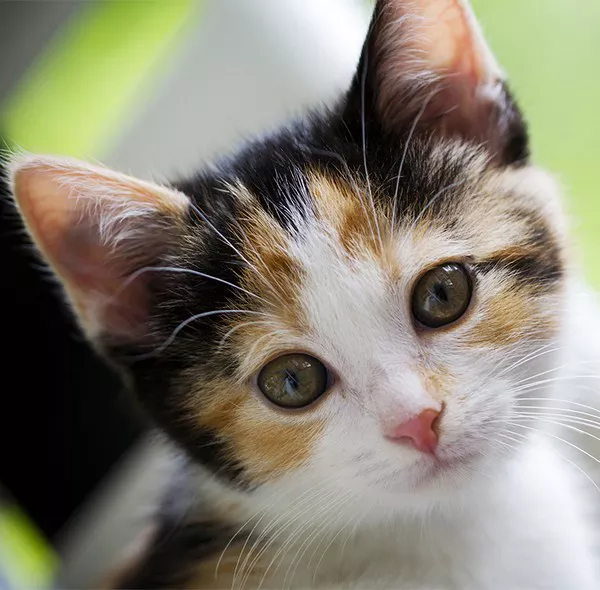The dietary habits of our feline companions are a topic of constant curiosity and concern for devoted cat owners. The Devon Rex, known for its distinctive appearance and playful nature, requires a carefully crafted diet to meet its nutritional needs. Among the many questions that arise, the inquiry into whether a Devon Rex can digest rice often surfaces. In this comprehensive exploration, we delve into the intricacies of feline digestion, the nutritional requirements of Devon Rex cats, and the potential role of rice in their diet.
Understanding the Feline Digestive System
The Carnivorous Nature of Cats
Before delving into the digestibility of specific foods, it’s crucial to acknowledge that cats are obligate carnivores. Unlike omnivores, such as humans or dogs, cats have evolved to thrive on a diet primarily composed of animal-based proteins and fats. Their digestive systems are specialized for breaking down and assimilating nutrients from meat sources.
Limited Enzymes for Carbohydrate Digestion
One notable aspect of the feline digestive system is the limited production of enzymes responsible for carbohydrate digestion. Cats lack sufficient amylase, an enzyme crucial for breaking down complex carbohydrates like those found in grains. This evolutionary adaptation underscores the preference for a diet rich in animal tissues.
Nutritional Needs of the Devon Rex
1. Protein: The Foundation of Feline Nutrition
Protein stands as the cornerstone of a cat’s diet, playing a pivotal role in maintaining muscle mass, supporting the immune system, and ensuring overall health. The Devon Rex, with its active and playful disposition, particularly benefits from a protein-rich diet to fuel its energy needs.
2. Essential Nutrients in Animal Tissues
Cats, including the Devon Rex, require specific nutrients such as taurine, arachidonic acid, and vitamin A, which are predominantly found in animal tissues. These nutrients are crucial for various physiological functions, including vision, heart health, and the overall well-being of the feline companion.
Rice in Cat Diets: A Detailed Examination
Rice as a Digestible Carbohydrate
Rice is a commonly used carbohydrate in many commercial cat foods. Unlike some other grains, rice is considered more digestible for cats due to its simpler composition. It contains starch, which cats can break down to some extent, although not as efficiently as they can break down animal-based proteins.
Limited Nutritional Value
While rice can provide a source of energy for cats, it offers limited nutritional value compared to the essential nutrients found in meat. Cats thrive on diets rich in animal proteins, and while they may tolerate small amounts of carbohydrates, these should not be the primary source of their nutrition.
Potential Allergies and Sensitivities
Introducing new ingredients into a cat’s diet, including rice, should be approached with caution. Some cats may develop allergies or sensitivities to certain grains, leading to digestive upset, skin issues, or other allergic reactions. Monitoring your Devon Rex for any signs of adverse reactions is essential when incorporating new foods.
The Role of Rice in Commercial Cat Foods
Formulation and Balance
Commercial cat foods are meticulously formulated to meet the nutritional needs of cats, including breeds like the Devon Rex. Rice is often included in these formulations as a source of carbohydrates, providing energy and aiding in the kibble’s structure. However, it’s essential to emphasize that the primary focus of these diets is on animal-based proteins.
Cat Food Labels and Ingredient Lists
When selecting cat food for your Devon Rex, carefully scrutinize the ingredient list and nutritional information. High-quality cat foods prioritize animal proteins as the main ingredients, with carbohydrates like rice serving as supplementary sources of energy.
Incorporating Rice into the Devon Rex Diet
Moderation is Key
If you’re considering incorporating rice into your Devon Rex cat’s diet, it should be done in moderation. As a supplement to a well-balanced and nutritionally complete cat food, rice can contribute some additional energy. However, it should not replace the essential animal-based proteins that form the foundation of their diet.
Cooked and Plain
When offering rice to your Devon Rex, ensure that it is cooked and plain. Avoid adding seasonings, spices, or oils, as these can be harmful to cats. Plain cooked rice can be a bland yet digestible option if you choose to provide it as an occasional treat.
Consulting with Your Veterinarian
Individualized Guidance
Every cat is unique, and individual variations in health, dietary needs, and preferences should be considered. Before making significant changes to your Devon Rex’s diet, including the introduction of new foods like rice, consult with your veterinarian. They can offer personalized guidance based on your cat’s health status, age, and any specific considerations.
Monitoring for Digestive Health
Once you’ve introduced rice or any new element into your cat’s diet, pay close attention to their digestive health. Look for signs of diarrhea, vomiting, or changes in behavior. If any adverse reactions occur, consult with your veterinarian promptly to address potential issues.
Conclusion
In conclusion, the digestibility of rice for a Devon Rex cat is influenced by the feline species’ obligate carnivorous nature. While cats can tolerate small amounts of rice and may derive some energy from its carbohydrates, it should not replace the essential animal-based proteins required for their optimal health.
When contemplating changes to your Devon Rex’s diet, always prioritize a well-formulated, high-quality cat food designed to meet their nutritional needs. If you choose to incorporate rice or any other supplementary food, do so in moderation and with a keen awareness of your cat’s individual preferences and sensitivities.
Remember, the key to ensuring the health and well-being of your Devon Rex lies in a balanced, species-appropriate diet, regular veterinary check-ups, and attentive care tailored to their unique characteristics.

